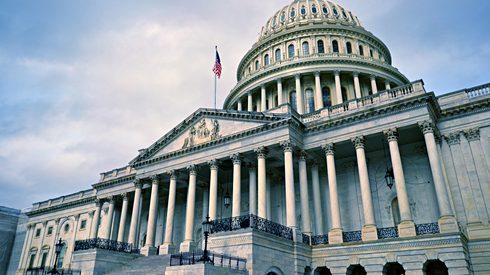The Bureau of International Recycling (BIR) and the European Recycling Industries’ Confederation (EuRIC), both based in Brussels, each published open letters to the EU warning that any such protectionist measures would pose issues to the domestic scrap industries.
The move follows calls made earlier this week when the European Steel Association (Eurofer) and European Aluminium urged the EU to take immediate and effective action to tackle “scrap leakage” so that the EU can meet its sustainable development aims and secure industrial competitiveness.
“Scrap exports have been keeping recycling businesses alive, serving as a counterbalance to the extremely low EU demand for recycled materials,” a statement from the EuRIC said. “Imposing any restrictions on scrap exports will have detrimental consequences to recycling businesses, the environment, the economy and EU’s competitiveness.”
In its open letter, EuRIC urged EU policymakers to preserve open trade, to carefully consider the EU scrap industry’s contributions to the EU economy and sustainability, and to only endorse measures that encourage them to keep innovating and generating resources, instead of hampering them and threatening their very existence.
“Any calls by the European steel and aluminium industry to restrict scrap exports are completely unjustifiable and unacceptable, especially when the supply of recycled scrap has never been the reason behind any decreased activity of EU mills,” EuRIC added.
For its part, the BIR said: “There is no shortage of material for European consumers of recycled steel and aluminium. Efforts to introduce export limits are aimed at artificially lowering the prices of the valuable materials domestically through unfair competition.”
Export restrictions would create an unprecedented shock to the worldwide recycling industry, affecting both European companies and their international partners, the BIR said.
“Rather than artificial trade barriers, we propose constructive solutions including recycled content requirements, green public procurement, and environmental impact accounting,” the BIR added.
The BIR said it was committed to working with EU leadership to develop policies that strengthen both European and worldwide recycling industries, fostering innovation and cooperation in the circular economy instead of creating trade barriers that may hamper international climate action.
Fastmarkets metals and mining team works with those involved in the buying, selling and trading of metals to deliver truly market-reflective prices and insights to successfully enable global trade. Find out more here.






